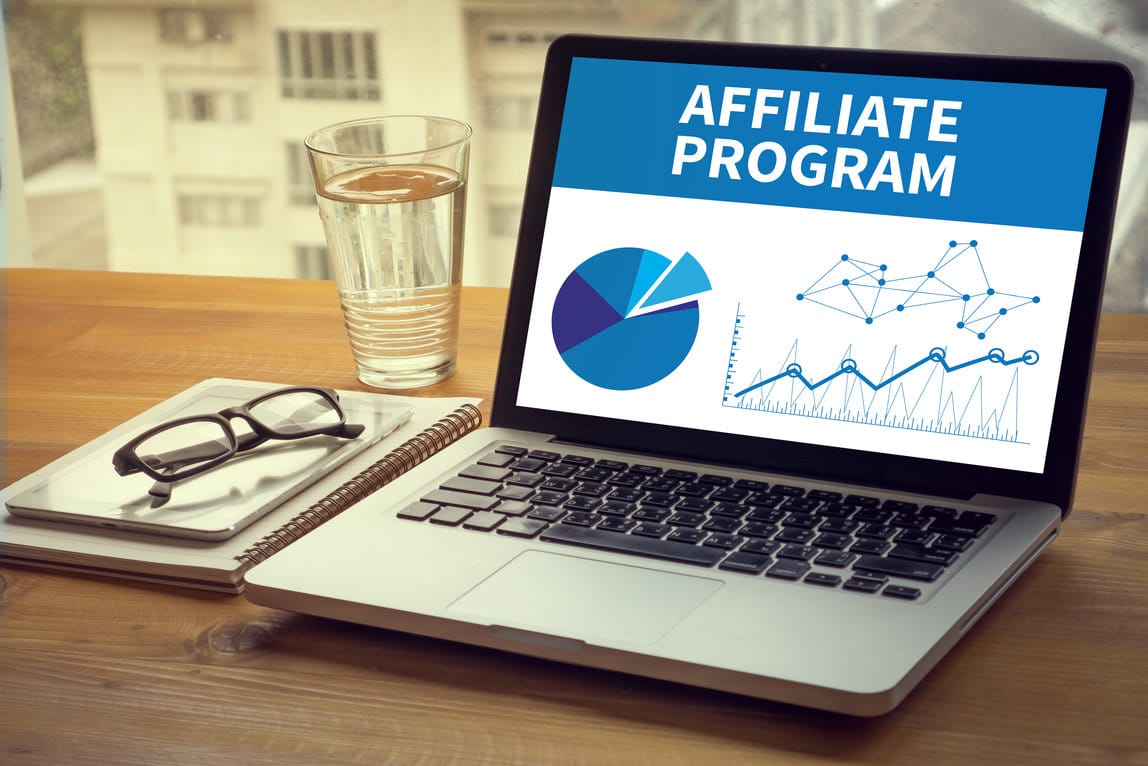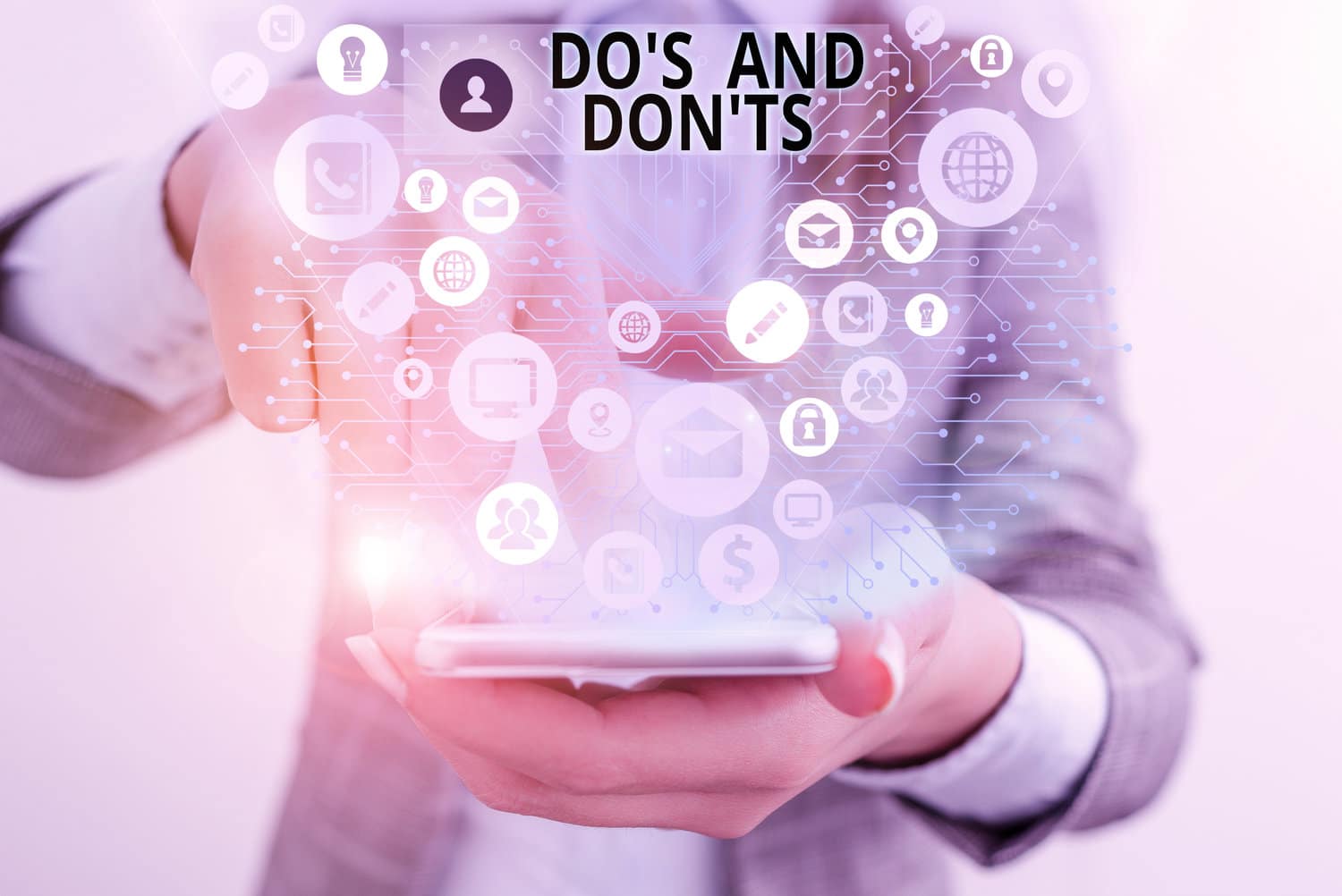Reading Time: 8 minutes
Social media is the most powerful marketing tool around now, and it can be pretty lucrative. It’s had a great deal of influence in changing the way we shop, and continues to play a massive part in how people make money online.
The Influencer Marketing Hub is a very useful tool for anyone who monetises their social media. Their 2020 Benchmark Report proved just how big social media marketing is. According to the report, the influencer marketing industry is set to grow to approximately $9.76 billion in 2020. And not only this, but now 300% more micro-influencers are utilised by large companies than in 2016. This paves the way for future influencers and enables more people to utilise their social media to generate an income.
Sell your own products and services
According to research at Smart Insights, 30% of consumers say they would happily make purchases directly through social media platforms. While 87% of e-commerce shoppers believe social media helps them make a shopping decision. So, if you’re not using social media to sell and promote your products and services, you’re missing out on a massive potential market!
There are plenty of helpful tools out there, like Hootsuite, to help manage selling on social channels. Through their service you can track, manage, and schedule your social channels all in one place. They help you see what type of content, and on which platforms, your audience engage with most. The more you know about your audience demographic and their tastes, the easier it becomes to sell to them.
Bear in mind that most of these tools are paid-for services, although you can usually get a 30-day free trial to test them out first.
If you’re thinking about setting up an online shop, check out our article here for tips on getting started.
Key considerations for selling online
- Matching your social strategy to your audience. Who is your main customer? A teenager or working professional? Who your demographic is will largely determine how you market and sell your products and services.
- Create the right content, at the right time. Statistics show that across all social media platforms, posts that include visuals consistently perform better and see more engagement than those without. However, posting too frequently, or even not enough, is damaging and will drive customers away.
- Connect everything back to your business. A relationship with your audience is essential – sales rarely occur on first contact, but normally several times later. Your audience need to trust you and you need to listen to them. When you do this, you’ll be in a better position to provide your audience with what they need, and when they need it.
Make money from affiliate links

Affiliate links are a popular way to make a bit of passive income. They’re cheap and easy too, as you don’t need to create and sell a product yourself. You just need to establish a connection between the buyer and seller, and then take a commission when a sale is made.
There are a few different ways you can set up affiliate links – one is through the Amazon Associate Programme. With this, you can earn up to 12% of all purchases made during the buyer’s shopping session. So even if someone clicks on your link, doesn’t buy that specific item, but ends up purchasing something else during that same ‘session’, then you’re still entitled to 12% of that.
ClickBank is another site with it’s own affiliate marketplace. They allow you to promote already best-selling products and earn commissions as high as 90% on some products. You have the option to pair with brands in various areas including arts and entertainment, e-business, and parenting and families.
How to promote affiliate links
Any promoting and selling on social media should come across as natural. No audience wants to feel like they’re constantly being sold to.
Reviewing a product is a legitimate way to link it into a post or blog. Summarise the pros and cons, giving a balanced opinion of it. You want your audience to trust you and selling them naff products is only going to damage your credentials.
Choose your affiliate links carefully and post them sparingly. Inundating your followers with affiliate links is counter-productive, they’ll more likely be put off and unfollow you instead. Promote a select few that you genuinely believe are worthwhile purchases and fit with your brand image, whether that’s fashion and beauty, or the latest gadgets.
Use promo codes
Plenty of influencers use discount and promo codes to make money. They work similarly to affiliate links where a commission is earned on the number of sales made with their code.
Almost anyone can get promo codes for brands, although you’ll probably have more luck the larger your following. When appealing for promo codes, make sure the brand is relevant to you, your content and your audience. Chances are they’ll be happy to offer you a code, as it comes at no cost to them. Put simply, if they don’t make any sales from you, they don’t have to pay you any commission and they haven’t lost out.
How to approach brands
Brands are a big source of social media income and anyone with a following of 2,000+ is considered a micro-influencer. Plenty of brands want to work with influencers now as it’s much more effective and cost-efficient for them than traditional forms of marketing, like magazines and TV ads.
However, knowing how to approach brands is key.
Steps on how to approach a brand
- Do your research. Thoroughly research the brand, their mission statement, and any products you’re interested in. It comes across very poorly if you’re asking a brand for sponsorship but don’t know anything about them.
- Check your social media. If you really want to be able to monetise your social channels, make sure you keep it on-brand and professional. Posts in the public eye need to be free of anything incriminating or potentially offensive. If brands spot any risky content they’ll be sure to steer clear.
- Pitch yourself. You need to be able to offer the brand something in return. Think about what your USPs are. What’s different about your content, or your audience, that makes this a worthwhile opportunity for them that they won’t find elsewhere?
- Illustrate affiliation with the brand. Don’t send out a blanket email to every brand you get in touch with but demonstrate your knowledge and create a unique pitch every time.
Questions to answer when you pitch to brands
- How relevant is your blog or social channels to the campaign subject matter?
- How big is your following? What is the size of the potential audience the content will reach?
- How regularly do you post on social media?
- How engaged is your audience?
Another consideration for reaching out to brands is through agencies. There are actually several UK influencer marketing agencies that you can sign up for including Disrupt, Goat Agency, and Socially Powerful.
Tips on building a following (and selling to them)

Unfortunately, there’s no quick way to instantly increase your following. There are plenty of false advertisements for this and whilst your follower count will increase, it’ll be made up of bots who won’t actually engage with your content or brand, completely defeating the purpose.
One way to build your network is to create daily, weekly, and monthly goals so from the outset you’re committed to a pace of engagement that will steadily grow.
TikTok
TikTok has been the latest social media trend and is rapidly growing with over 800,000 logins every month. Although TikTok doesn’t currently have any direct money-making features, one of the key ways people are earning from it is by pushing their TikTok followers onto their other social media platforms, where they are able to make money. Some other users have even been organising sponsorship deals for things like wearing branded clothing or appearing at particular events in their videos.
At the moment, most influencers using TikTok are compiling it as part of a general package rather than making lots of money off of it directly. Although only a few months ago TikTok announced its Creator Marketplace. It’s a site in which users can connect with advertisers to collaborate on marketing opportunities.
Users can also receive gifts from their audiences via TikTok Live videos. Hootsuite also has a super helpful guide on all the ways you can make money through TikTok. You can read it here.
Instagram is a huge contributor to people making money on social media, with over 90% of influencer marketing campaigns involving the app.
Business profile
Instagram has the ability to change your personal page into a business profile. When you do this you get to view insights into engagement with your posts and stories, and also get the ability to set up an Instagram shop.
Instagram’s shoppable features allow businesses to tag products that are available for sale and allows customers to purchase them directly within the app.
On an Instagram business profile you need to include:
- A photo or brand logo that’s recognisable and consistent across all your social platforms.
- A well-thought-out bio. This is a chance to give customers a brief insight into you, your brand, and your business.
- Link to your website. Unfortunately, Instagram doesn’t allow direct links in posts so the URL section of the bio is the only clickable link in your profile.
Run ads
The easiest way to run ads is by promoting posts you’ve already shared on Instagram. Simply select the post you want to boost and hit ‘promote’.
You have the option to create the audience you want the post to be shown to (choose across genders, age range, etc.) or you can leave it to Instagram who will automatically share it with a similar audience.
Ads also don’t have to cost a lot – they can start from as little as a couple of pounds. Initially, you can just run an ad for a few days to test how well it performs. However, keep in mind that it takes a little work to get it right so if your first attempt doesn’t bring in tons of business, keep trying. Ideally, having a simple call-to-action button like ‘Shop Now’ makes it easy for someone to make a purchase. Overcomplicating it will put people off.
Instagram stories
If you have more than 10,000 followers, Instagram gives you the option to add links to your stories. It can take a while to build a following of this size, but having a concise and consistent brand image, regular posting, and using hashtags smartly will help bring new people to your page.
You can use the link in stories function to create direct links to your website, shop, or specific items.
#Use hashtags
Hashtags are a simple and effective way for people not following your page to find your content. Don’t use too many though! You don’t want your page to look like spam, but like it’s carefully curated. It’s much better to focus on a few targeted and highly-trafficked hashtags. Think about who you’re trying to target, and use hashtags that will find them.
Rules for making money on social media

New legislation states that if you’re making money, you need to declare it.
- Disclose any and all affiliate relationships. All you need to do is include a simple sentence along the lines of: “Disclosure: The link below is an affiliate link. Which means that, at no extra cost to you, if you make a purchase through that link I’ll earn a commission.”
- If you’re working directly with a brand who’s paid you to post something, then include a simple hashtag or comment along the lines of #sponsored #ad.
- If a brand or PR company requests that you don’t tag something as ‘sponsored’ or ‘ad’ it’s actually illegal and you need to refuse to do so.
- You need to make it clear when you’re posting about your own products and services, too.
What counts as an ad?
- Paid-for space
- Own advertising
- Affiliate marketing
- Advertorial
- Paid reviews of products
- Paid product placement in your content
Gifted content can cause confusion, but basically if the brand asks for something in return – for you to post it on social media, or provide some form of editorial content – then it’s an ad and should be tagged as such.
More ways to make money online
Need some more ideas to make money online? Try these articles next!





